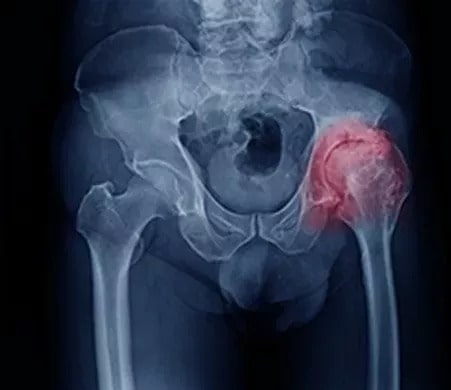What is minimally invasive spine surgery (MISS)?
MISS techniques use one or more small incisions to access your spine and perform repairs that address back and neck pain.
Traditional spine surgery uses open techniques, which require large incisions that cut through your muscles, causing substantial tissue damage. MISS causes far less damage, offering benefits such as:
- Considerably less postoperative pain
- Lower risk of surgical site infection
- Faster recovery
- Minimal scarring
You’re also less likely to need a prolonged hospital stay after your surgery and may be able to return home after one or two days.
Why might I need MISS?
MISS might be necessary if you have a back or neck problem that isn’t responding to more conservative treatments. The conditions that are most likely to require MISS include:
- Herniated discs
- Spinal stenosis
- Degenerative disc disease
- Scoliosis (abnormal spinal curvature)
- Spinal instability
- Spondylolysis (a defect in the lower part of the vertebrae)
- Vertebral fractures
- Spinal tumor removal
- Infection in the spine
The Vital Orthopedic & Spine Institute team initially treats these problems with non-surgical options, such as physical therapy, medication, and activity modification.
More persistent cases might require epidural corticosteroid injections, facet joint injections, or nerve blocks. Radiofrequency ablation is another minimally invasive option that deactivates the pain nerves in your neck or lower back.
If your pain doesn’t improve using these methods, MISS is likely to be the next step.
What happens when I have MISS?
To perform MISS, your surgeon makes small incisions in your body, either in your back (posterior approach), front (anterior approach), or side (lateral approach). They insert hollow tubes called retractors into the incisions that push the muscles aside to create a channel that accesses your spine.
Your surgeon might use a lighted magnification device or an endoscope (tiny camera on a flexible tube) to see the spine in detail. They can carry out the surgery using these images and specialized instruments that go through the same or other small incisions.
Type of surgery that can use MISS techniques include:
- Discectomy
- Spinal fusion
- Artificial disc replacement
- Foraminotomy
- Laminectomy and laminotomy
Recovery time after MISS depends on factors like the type of surgery, your age, and general health. However, you should recover more quickly than you would after open surgery.
To find out if you’re a good candidate for MISS, call Vital Orthopedic & Spine Institute today or book an appointment online.










